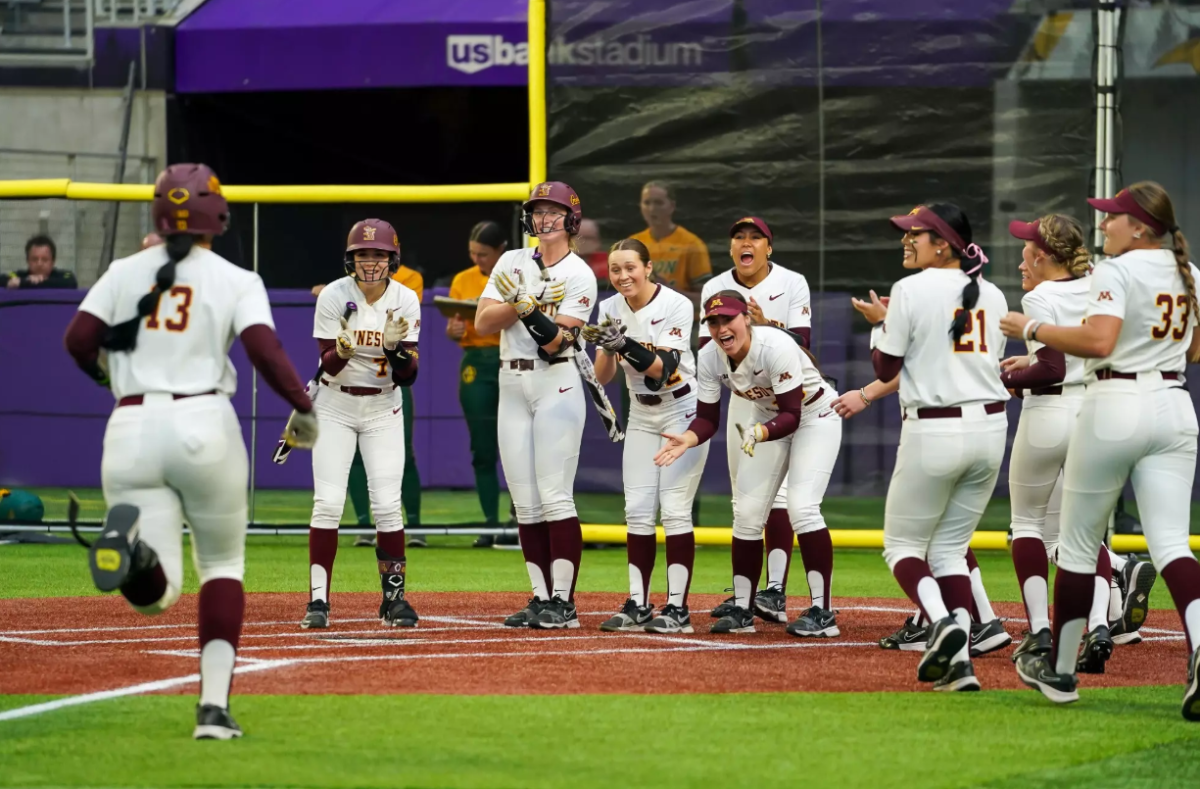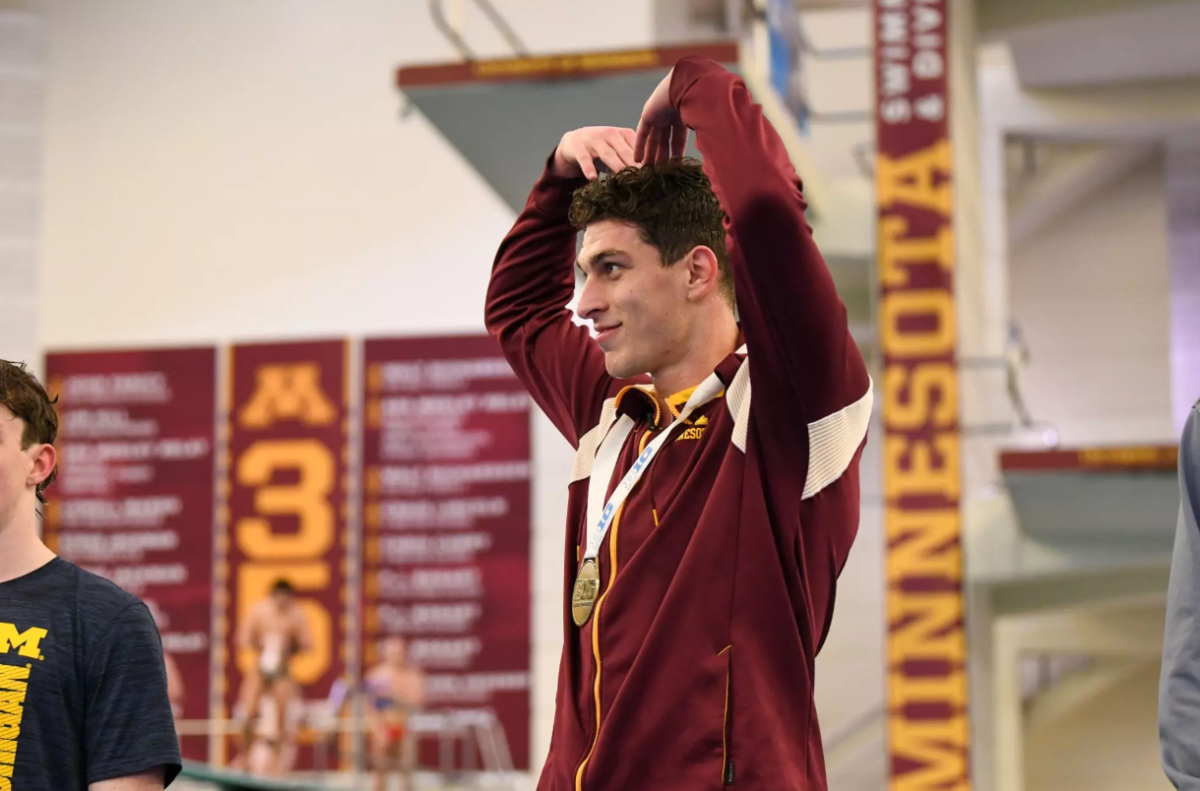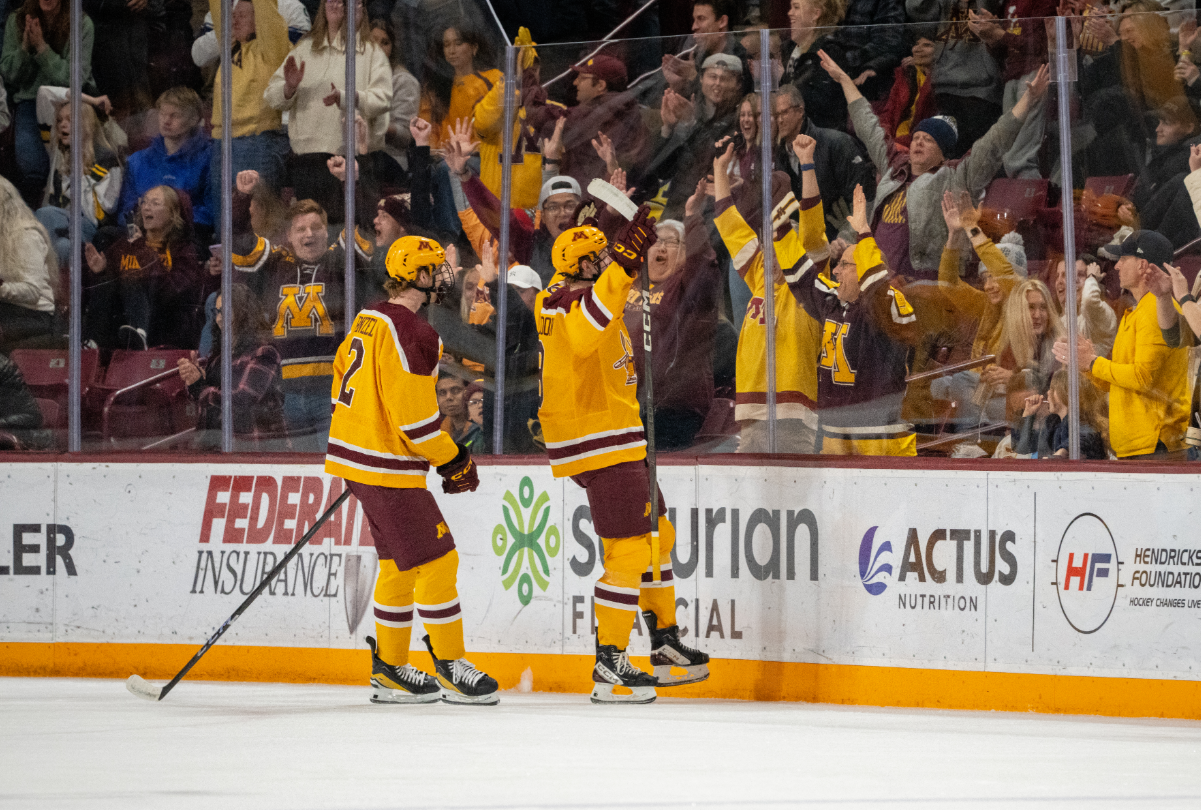With the amount of change the NCAA has undergone in recent years, rectifying inconsistent drug policies from school to school may be next on the docket.
Just last week, the NCAA Committee on Infractions put Oklahoma State’s football program on a one-year probation after concluding the team failed to follow the school’s own drug policy for student-athletes.
The men’s basketball program at Syracuse also received heavy sanctions from the committee in March for failing to abide by their drug policy, among other violations.
Across the NCAA, student-athlete drug policies differ, a problem the association’s administration wants to fix.
Brian Hainline, who was named the NCAA’s first chief medical officer in 2012, said it’s time to find common ground, taking the responsibility out of individual school’s hands.
“The NCAA’s doping policy is outdated, and there needs to be more consistency among schools,” Hainline told the Wall Street Journal.
NCAA spokespeople did not return calls for comment for this story.
With all of the differences, Hainline told the Wall Street Journal he hopes for the autonomy conferences to draft a collective policy, rather than the current school-by-school basis.
At Minnesota, a group that includes the athletic department’s sports medicine staff, sports psychologists and officials from Boynton Health Service reassess the school’s drug policy for student-athletes each year.
The group shares it by email with all student-athletes before the school year. It’s also in the student-athlete handbook, and all freshmen are educated on it in their orientation, said deputy athletics director Beth Goetz
“Our first priority is that we’re providing great care from a health and safety standpoint because we’re really worried about their well-being,” she said.
Among Big Ten schools, the penalties for failed drug tests vary between the first, second and third offenses.
For example, if a student-athlete at Minnesota failed a drug test for the first time, he or she would be required to do 20 hours of community service. The same applies for Iowa.
If a student-athlete at Rutgers failed a drug test for the first time, he or she may be suspended for up to two weeks.
Several other Big Ten schools including Ohio State, Nebraska and Wisconsin don’t require a suspension on the first offense.
If the student-athlete fails his or her first NCAA-issued drug test, the penalties are much more
stringent and include the loss of a year of eligibility and a full-season suspension.
But creating one uniform policy might not be as easy as it seems.
“There are issues that are more prevalent in different areas of the country, so they could possibly be handled more efficiently at the institutional level than waiting for the minutiae and bureaucracy of the NCAA,” said Chris Hawthorne, a Big Ten representative for the Division I Student-Athlete Advisory Committee and a former
Gophers football player.
He said the educational counseling component of the disciplinary action is overlooked but important.
“In my opinion, it makes no sense to punish a kid if you’re not going to allow and encourage them to learn from the experience,” Hawthorne said.
Hawthorne referenced the abuse of Adderall — the prescription drug that enhances concentration — by students and student-athletes alike during exam periods.
Many student-athletes may not realize usage of Adderall could lead to a failed drug test, Hawthorne said. Still, he said student-athletes shouldn’t put themselves into that risky situation.
“If you’re a student-athlete, you’re coming to school for academics and athletics. There’s no place for abusive drugs to occur in my opinion,” Hawthorne said. “There’s a culture of abuse right now, and we need to do a better job of combating it.”







